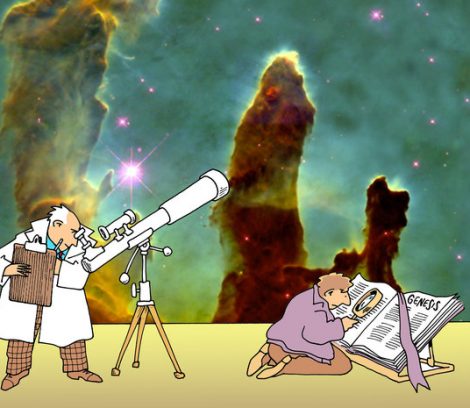Thirtieth Sunday in Ordinary Time
“Master, I want to see.” Mk. 10:51
In a recent column, the journalist John Allen tells about a dinner experience he had while covering the Synod of Bishops now meeting in Rome. At the dinner the guest of honor was a bishop who is the leader of the Ukranian Greek Catholic Church. Toward the end of their very expensive lunch, the bishop said this:
“This has been a great meal, and I thank you for it. But, let’s not forget that millions of people in this world … could never dream of affording something like this.” He went on to say that “almost half of the world lives with less than what a cappuccino costs in this neighborhood, less than two euros a day, and 80 percent of the world lives on less than $10 a day. There’s 150 million homeless people, 100 million orphans, 60 million refugees.”
“I would submit,” he said, “that these are severe impediments to good family life.”
And yet, seemingly, the main concerns of the Bishop’s Synod on Family Life are issues such as whether or not the Church’s traditional ban on divorced and civilly remarried Catholics can or cannot receive Communion.
From this bishop’s point of view, it’s all a matter of what you see, and how you perceive what is truly important.
This is a Synod, for example, that is taking place in Europe where the most massive refugee crisis since World War II is taking place. Yet, according to John Allen’s reporting, there’s been “strikingly little conversation about whether that’s actually happening all across Europe.”
Pope Francis has consistently tried to call our attention to the reality of our living at a time in which we’re in the midst of a “world war … being fought in piecemeal fashion,” with all the horrible family life disruptions and terrors that involves. Still, little attention is given to these alarming realities.
“Master, I want to see.”
Bartimaeus, the blind beggar who sits by the side of the road in today’s gospel, represents millions of marginalized people through the centuries who have cried out to be seen and heard. Only, according to Mark, he is different from most. He will not be silenced. He demands to be heard. He shouts. And when drowned out by other bystanders who are trying to quiet him, he shouts out even louder: “Son of David, have mercy on me!”
The gospel then tells us that Jesus “stood still.” He gives the blind beggar his full attention. He doesn’t mind being interrupted. In fact, it’s almost as though the God Jesus presents to us is One who is always on the lookout for unanticipated human need, and unscripted cries of misery – a God who moves mercifully in the midst of those sitting on the side of the road with Bartimaeus – a God who is truly the “hound of heaven.”
But what touches me the most in reading this gospel story is what Jesus does next. He asks a question: “What do you want me to do for you?”
I would suggest that this is a question Jesus poses to each of us. “What do you want me to do for you?”
What’s most important in all the world to you? What do you most need in your life? What do you most long for?
For example, what would you ask for if you were Bartimaeus in this story?
Bartimaeus, probably unlike us, doesn’t hesitate to answer Jesus’ question? “Master, that I may see.” But it isn’t just a physical healing he wants. He wants to go deeper. He wants a new perspective on life. He wants a new way to view what will truly transform him, change him, and introduce him to a new way of living.
How do we know this? Because right after Jesus heals his blindness he tells him: “Go your way.” Jesus in effect dismisses him. But again Bartimaeus refuses to be sent off. Instead, the gospel tells us, he “followed Jesus on the way.”
He became a follower, a disciple – the central theme of all the gospels. In fact, the verb for “following” Jesus is so important it appears eighteen times in Mark.
So now it’s our turn. “What do you want me to do for you?”
Jesus is asking each one of us: What will it take to calm your fears, relieve your depression, bring a sense of peace to the deepest parts of your soul? What is it that is most dear, most treasured for you?
The late Malcolm Muggeridge, a sophisticated British intellectual who lived a life free of faith, tells this story of his meeting Mother Teresa: “Suddenly,” he said, “almost with a click, like a film coming into sync, everything took on a new meaning, everything became more real; and the meaning, the reality, shines out in every shape and sound and movement, in each and every manifestation of life….How, I ask myself, could I have missed it before? How could I not have understood that the grey-silver light across the water, the cry of the sea gulls and the sweep of their wings, everything on which my eyes rest and my ears hear, is telling me about God?”
Or as John Newton, the former slave trader, described his total transformation: “I once was blind, but now I see.”
Blind eyes can see. Deaf ears can hear. Closed hearts can become compassionate.
That’s the story of today’s gospel, and of all the gospels. It’s just a matter of our digging way down deep inside our own hearts and answering Jesus’ question with the same bravado that Bartimaeus did: “Master, I want to see.”





